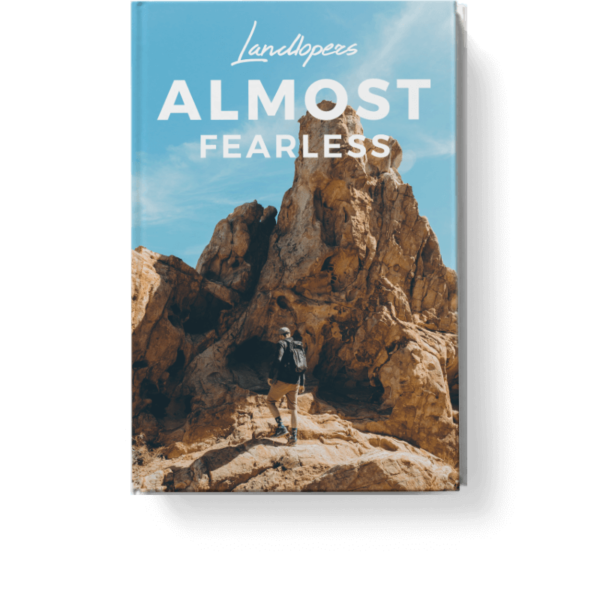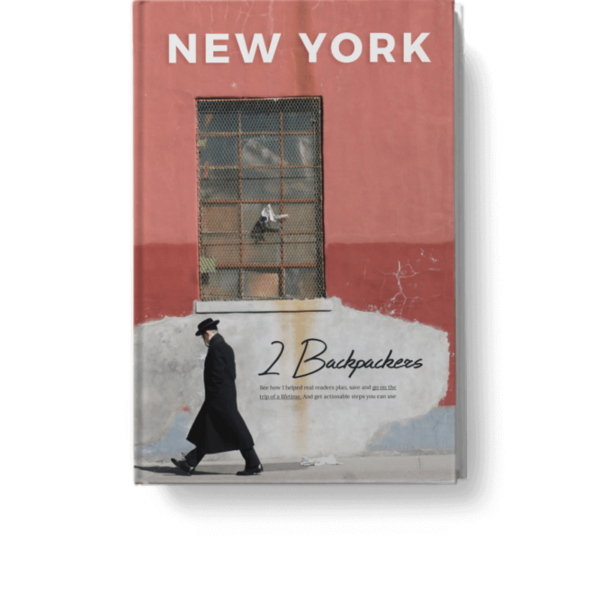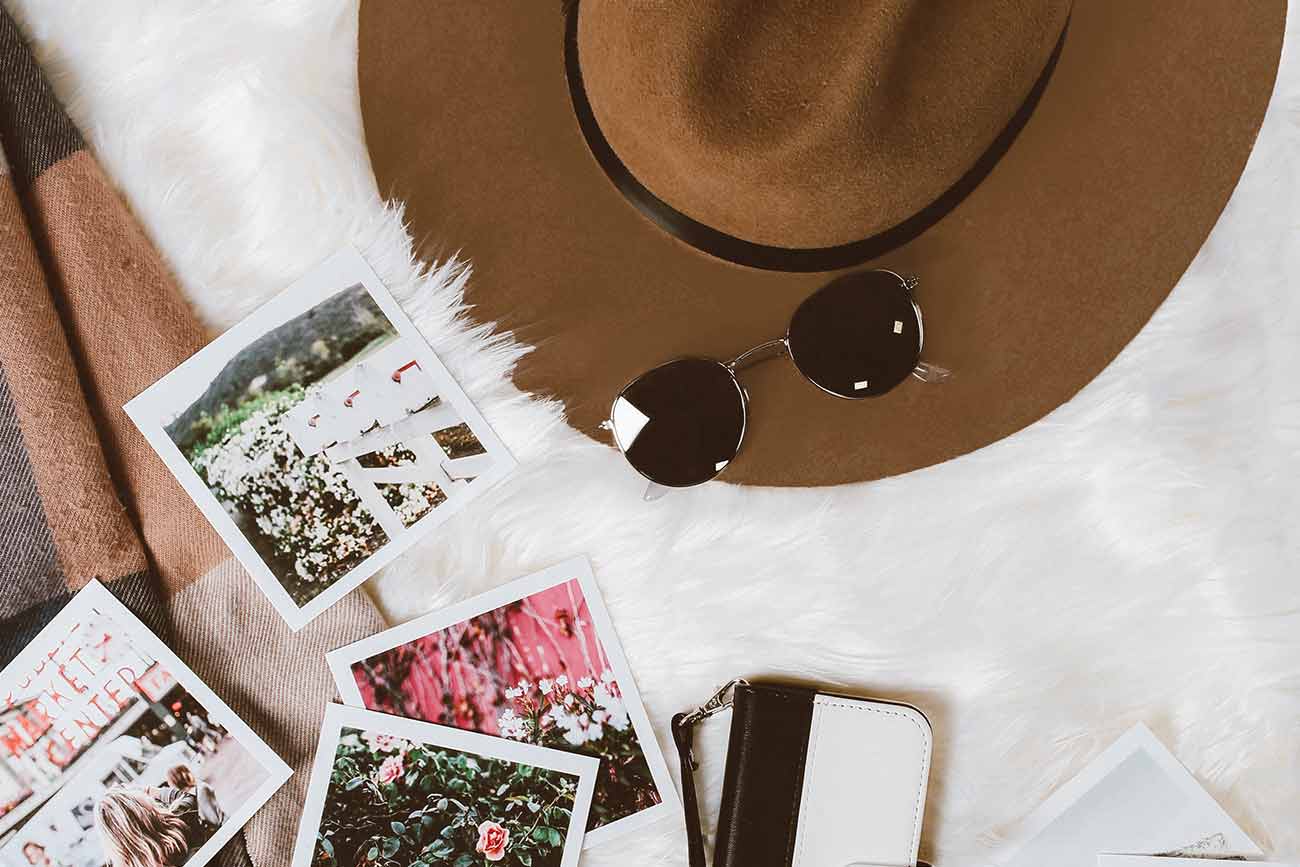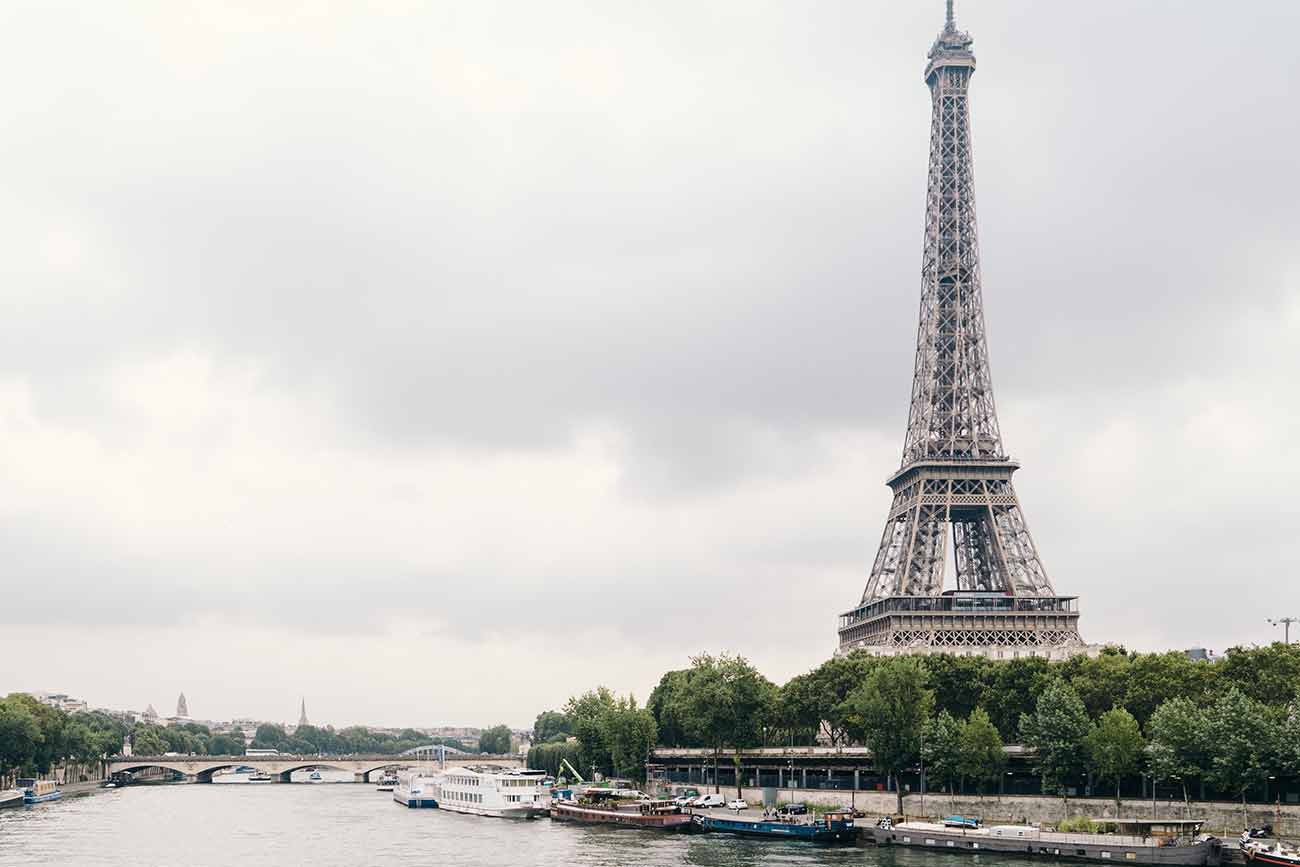Brazil
Brazil, the fifth-largest country in the world, is famous for its stunning natural beauty, vibrant culture, and diverse landscapes. From the iconic beaches of Copacabana to the world-famous Amazon Rainforest, Brazil is a land of contrasts with something for every traveler. Whether you’re into adventure, history, or simply relaxing in paradise, Brazil has it all.
What can I expect from Brazil?
Brazil is known for its diverse cultural heritage, the fusion of indigenous, African, and European influences, and some of the most beautiful natural landscapes in the world. From the Amazon Rainforest, the largest tropical rainforest in the world, to the stunning beaches of Rio de Janeiro, Brazil is a country of contrasts with both modern cities and vast wilderness.
If we talk about the culture
Brazil’s culture is a melting pot of influences from indigenous peoples, African slaves, Portuguese colonizers, and immigrants from Europe and Asia. The result is a rich, diverse culture that is celebrated through music, dance, food, and festivals.
Art and Music
Samba: The rhythmic dance and music style that originated in Brazil and is closely associated with Rio’s Carnival.
Bossa Nova: A Brazilian music genre that blends samba with jazz, made famous by musicians like João Gilberto and Antonio Carlos Jobim.
Forró: A traditional Brazilian music and dance genre originating from the northeast of the country, often performed at festivals and parties.
Capoeira: A Brazilian martial art that combines dance, acrobatics, and music, originally developed by African slaves.
Festivals
Carnival (February/March): The biggest and most famous festival in Brazil, with samba parades, street parties, and celebrations happening across the country, especially in Rio de Janeiro and Salvador.
Festa Junina (June): A traditional Brazilian festival that celebrates rural life with music, dancing, and food, particularly popular in the northeast.
Parintins Folklore Festival (June): Held in the Amazonian city of Parintins, this festival celebrates the folklore of the region with elaborate performances, music, and costumes.
Here’s an overview of Brazil

“The Professional Hobo”
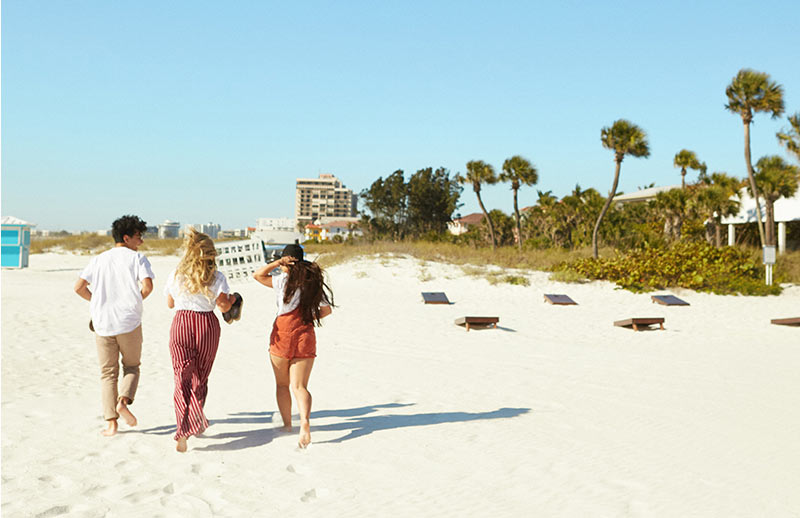
“Never Ending Footsteps”
Accommodation in Brazil
Luxury Options – Copacabana Palace (Rio de Janeiro): An iconic luxury hotel located on Copacabana Beach, offering world-class amenities and service.
Hotel Fasano (São Paulo): A luxury hotel with sophisticated décor and top-tier service in São Paulo’s upscale Jardins district.
Mid-Range Options – Hotel Santa Teresa (Rio de Janeiro): A boutique hotel in the heart of Rio with a mix of modern and colonial architecture.
Hotel PortoBay Rio Internacional (Rio de Janeiro): Offering stunning views of Copacabana Beach, this hotel is known for its great location and service.
Budget Options – Selina (Rio de Janeiro): A popular and affordable hostel chain with social spaces and amenities.
Hostel Republica (São Paulo): A budget-friendly hostel with a central location and a great atmosphere for meeting fellow travelers.
Food in Brazil
Must-Try Dishes – Feijoada: A hearty black bean stew with pork and beef, often served with rice, farofa (toasted cassava flour), and orange slices.
Churrasco: Brazilian barbecue, featuring various types of grilled meat served with rice, beans, and salads.
Acarajé: Deep-fried balls of black-eyed pea dough filled with shrimp, a popular dish in Salvador.
Moqueca: A Brazilian fish stew made with coconut milk, palm oil, and spices, typically served with rice.
Pão de Queijo: Cheese bread, a popular snack made from tapioca flour and cheese, often enjoyed with coffee.
Dining Tips – Street Food: Brazil is known for its street food, particularly in cities like São Paulo and Rio. Try local treats like pastéis (fried pastries) and coxinhas (chicken-filled croquettes).
Meal Times: Lunch is typically the biggest meal of the day, and dinner is usually served late, around 8:00 PM or later.
Drink Local: Be sure to try Brazil’s famous cocktails, such as the Caipirinha (made with cachaça, lime, and sugar) and guaraná soda.
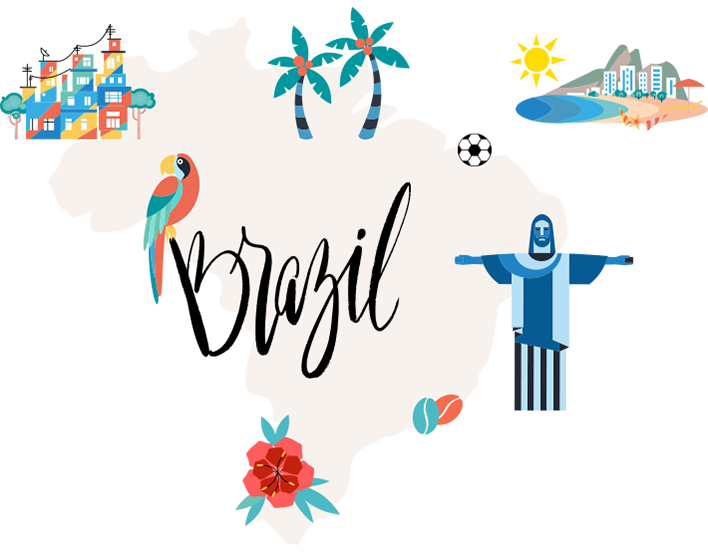
Budget Tips
Suggested daily budget Budget Traveler (R$ 80–R$ 150 per day):
• Accommodation: R$ 40–R$ 80 (budget hostels and guesthouses).
• Food: R$ 20–R$ 40 (street food and casual dining).
• Transport: R$ 10–R$ 20 (public transport, local taxis).
• Activities: Free or low-cost attractions like hiking or exploring local markets.
Mid-Range Traveler – (R$ 150–R$ 350 per day):
• Accommodation: R$ 80–R$ 200 (mid-range hotels and boutique hostels).
• Food: R$ 30–R$ 60 (restaurants and cafes).
• Transport: R$ 20–R$ 50 (intercity buses, taxis).
• Activities: Paid museum visits, guided tours, and entrance fees.
Luxury Traveler – (R$ 350+ per day):
• Accommodation: R$ 250+ (luxury hotels).
• Food: R$ 60+ (fine dining).
• Transport: R$ 50+ (private transport).
• Activities: Exclusive guided tours and premium experiences.
Additional Costs to Consider –
• Public Transport: In major cities like Rio and São Paulo, use public transportation to save on taxi fares.
• Eat Like a Local: Skip expensive tourist restaurants and try street food or local eateries for more affordable meals.
• Book in Advance: For popular attractions like Christ the Redeemer, book tickets online in advance to avoid long lines and save time.
Money Saving Tips
The best time to visit Brazil depends on your preferences
Dry Season (May–October): The best time to visit most parts of Brazil, particularly for outdoor activities and beach destinations.
Rainy Season (November–April): While the Amazon Rainforest and Pantanal can be visited year-round, the rainy season is best avoided for beach trips.
Best Months: May to October for optimal weather conditions for sightseeing and outdoor activities.
Stay Connected in Brazil: A Guide for Indian Travelers
Brazil, a land of vibrant culture, breathtaking landscapes, and world-famous festivals like Carnival, is a must-visit destination for Indian travelers. Staying connected in Brazil is essential to explore its vast regions, from the Amazon rainforest to the lively streets of Rio de Janeiro. Here’s a guide to staying connected and saving money during your Brazilian adventure:
Mobile Connectivity
•Local SIM Cards: Brazil offers several reliable mobile service providers, including Vivo, TIM, Claro, and Oi. You can purchase a prepaid SIM card at airports, convenience stores, or kiosks. These plans typically include data, calls, and SMS.
• eSIM Technology: If your smartphone supports eSIM, consider activating a Brazilian eSIM for instant and hassle-free connectivity.
• International Roaming: Check with your Indian telecom provider for international roaming packages for Brazil. Some providers offer affordable plans for short-term stays.
Internet Access
• Wi-Fi Availability: Free Wi-Fi is widely available in hotels, cafes, and public spaces in major cities like São Paulo, Rio de Janeiro, and Brasília. However, in remote areas like the Amazon, connectivity may be limited.
• Portable Wi-Fi Devices: Renting or purchasing a portable Wi-Fi device is a great option for travelers needing reliable internet access, especially in rural areas.
• Internet Cafes: Though less common now, internet cafes can still be found in smaller towns and cities.
Portable Wi-Fi Devices
• Portable Wi-Fi hotspots, also called MiFi devices, provide internet access even in remote areas.
• Rent or purchase these devices before your trip to ensure uninterrupted connectivity.
Useful Apps for Travelers
• Google Maps: Essential for navigation, especially in sprawling cities like São Paulo. Download offline maps for areas with limited connectivity.
• 99 or Uber: Use these apps for affordable and reliable transportation.
• Google Translate: Handy for communication, as English is not widely spoken outside tourist areas. Download Portuguese offline translation for convenience.
• WhatsApp: The most popular app in Brazil for messaging and calls, widely used by locals and tourists alike.
August 24, 2018


